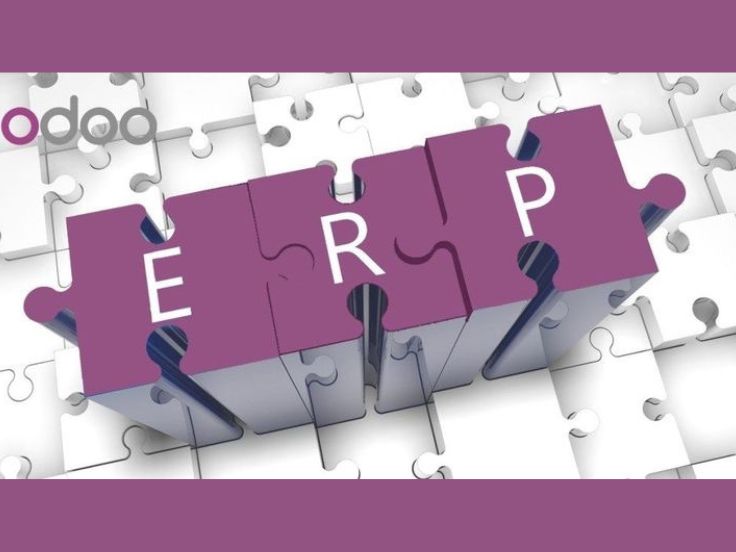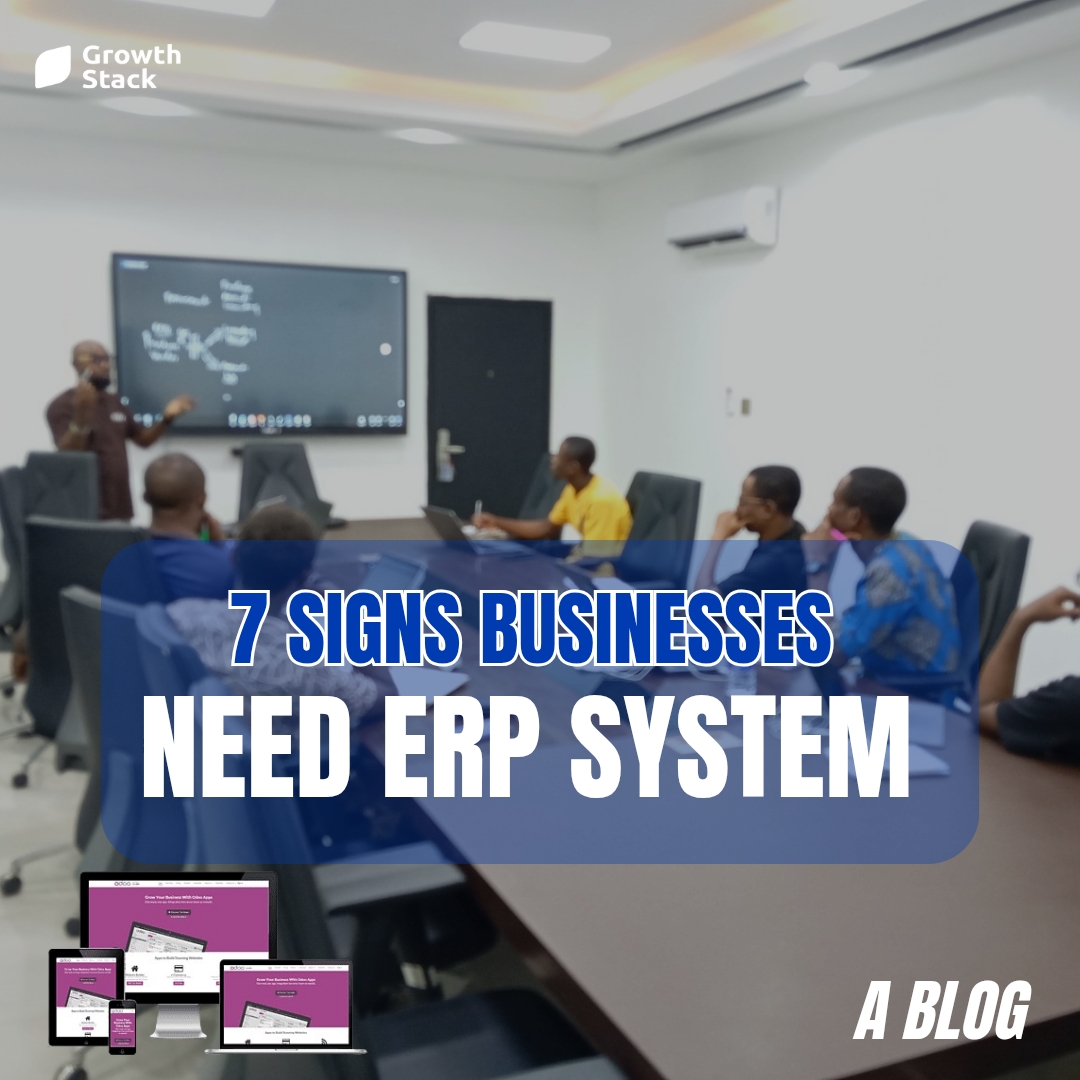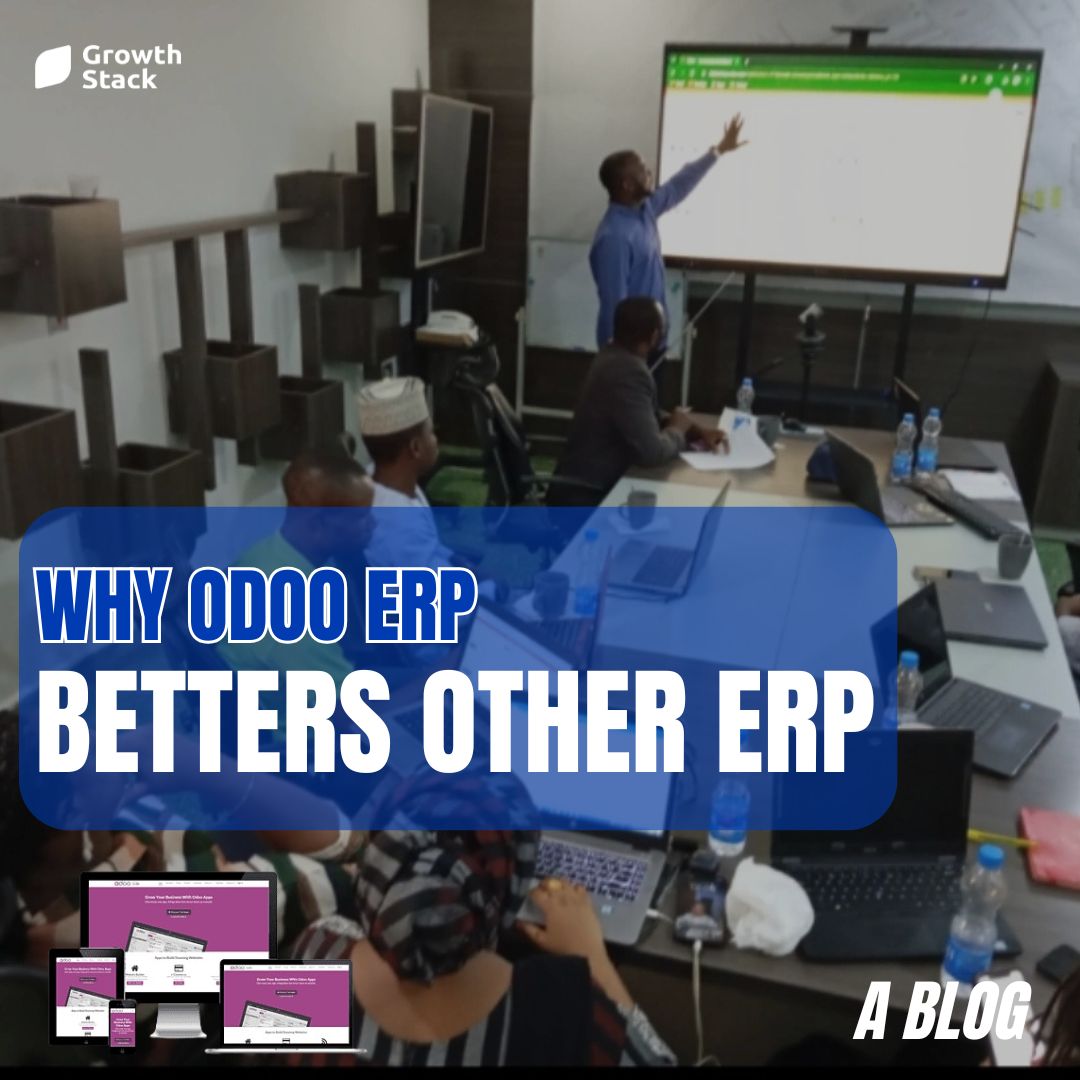How Cloud-Based ERP Solutions Contribute to Business Success
Introduction: Agility has emerged as a crucial success factor in the hectic and constantly shifting commercial world of today. Businesses must be able to act quickly in response to market changes, adjust to changing client needs, and embrace new possibilities. ERP (Enterprise Resource Planning) solutions delivered via the cloud have become a potent tool for enabling firms to achieve agility. In this article, we’ll examine how cloud-based ERP solutions promote business agility and how they help companies maintain their competitiveness in a market that is changing quickly.
Scalability and Flexibility:
ERP solutions built on the cloud provide unmatched scalability and flexibility. They enable companies to easily scale up or down operations in response to shifting customer demands without having to make substantial infrastructure investments. Cloud-based ERP solutions can readily handle rising data volumes, new user additions, and additional functionalities as enterprises expand. This adaptability enables businesses to better meet client requests, penetrate new markets, and adjust to shifting market conditions.
Real-time Data Insights and Access:
Real-time data access is made possible by cloud-based ERP solutions from any location at any time on any internet-connected device. Because of this, regardless of where they are physically located, employees and stakeholders can make educated decisions based on the most recent information. Real-time data insights give businesses the ability to act quickly on new possibilities, spot and fix bottlenecks, and streamline processes for increased agility.
Collaboration and communication:
are promoted seamlessly within enterprises thanks to cloud-based ERP platforms. Teams can work together in real-time regardless of where they are physically located with centralized data storage and access. This facilitates effective departmental collaboration, improves transparency, and expedites decision-making procedures. Businesses are able to respond quickly to market developments, client inquiries, and developing trends thanks to shared information and streamlined communication methods.
Rapid Deployment and Updates:
ERP solutions built on the cloud are renowned for their simplicity in implementation. Cloud-based solutions can be implemented more quickly than conventional on-premises systems and with less hardware and software setup. The providers of cloud-based ERP also take care of system upkeep, security, and updates, guaranteeing that organizations always have access to the newest features and functions. Businesses no longer have to devote time and resources to system upgrades, freeing them up to concentrate on their core skills and long-term goals.
Business continuity:
is improved because to cloud-based ERP solutions’ strong disaster recovery and business continuity features. Businesses can protect their sensitive data and rapidly bounce back from potential disruptions or system failures thanks to the cloud’s secure data storage. Cloud-based ERP ensures that firms can resume operations quickly in the case of unanticipated situations, such as natural catastrophes or power outages, minimizing downtime and ensuring business continuity.
Cost-effectiveness:
Businesses can save money using cloud-based ERP solutions. They do away with the requirement for substantial upfront expenditures on hardware, infrastructure, and maintenance. Instead, organizations shell out a subscription-based cost, which is often determined by consumption or the number of users. This pricing structure enables companies to access cutting-edge ERP features without having to pay hefty up-front charges, making it a desirable choice for small and medium-sized firms (SMEs) looking to increase agility while staying within a strict budget.
It is impossible to overestimate the importance of cloud-based ERP solutions in fostering corporate agility in a period of continual change and intense competition. These technologies give organizations the scalability, adaptability, real-time data access, seamless collaboration, and affordability they need to succeed in a competitive market. Utilizing cloud-based ERP enables businesses to adapt quickly to market changes, streamline operations, and make data-driven decisions that promote long-term sustainability in a world that is becoming more nimble.











